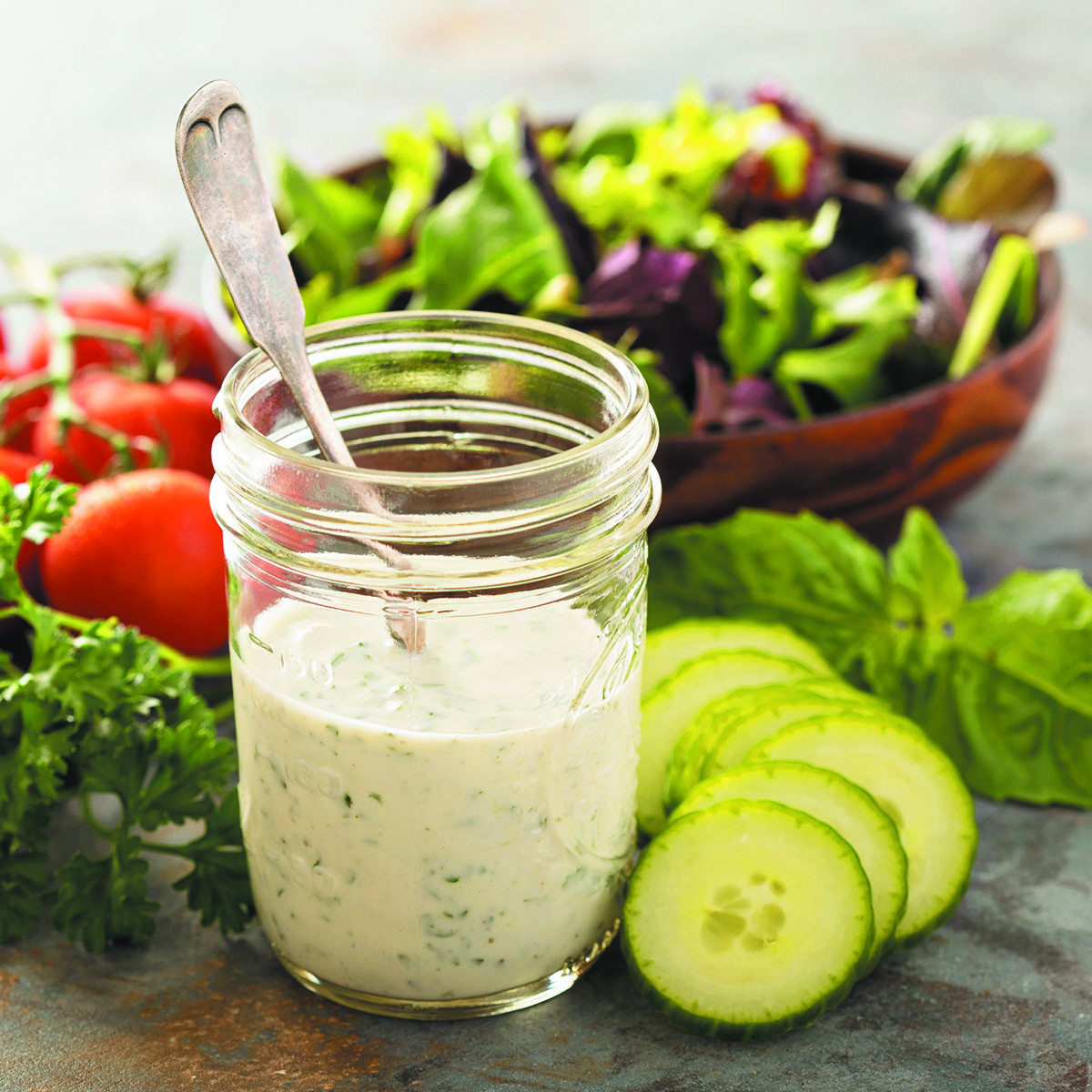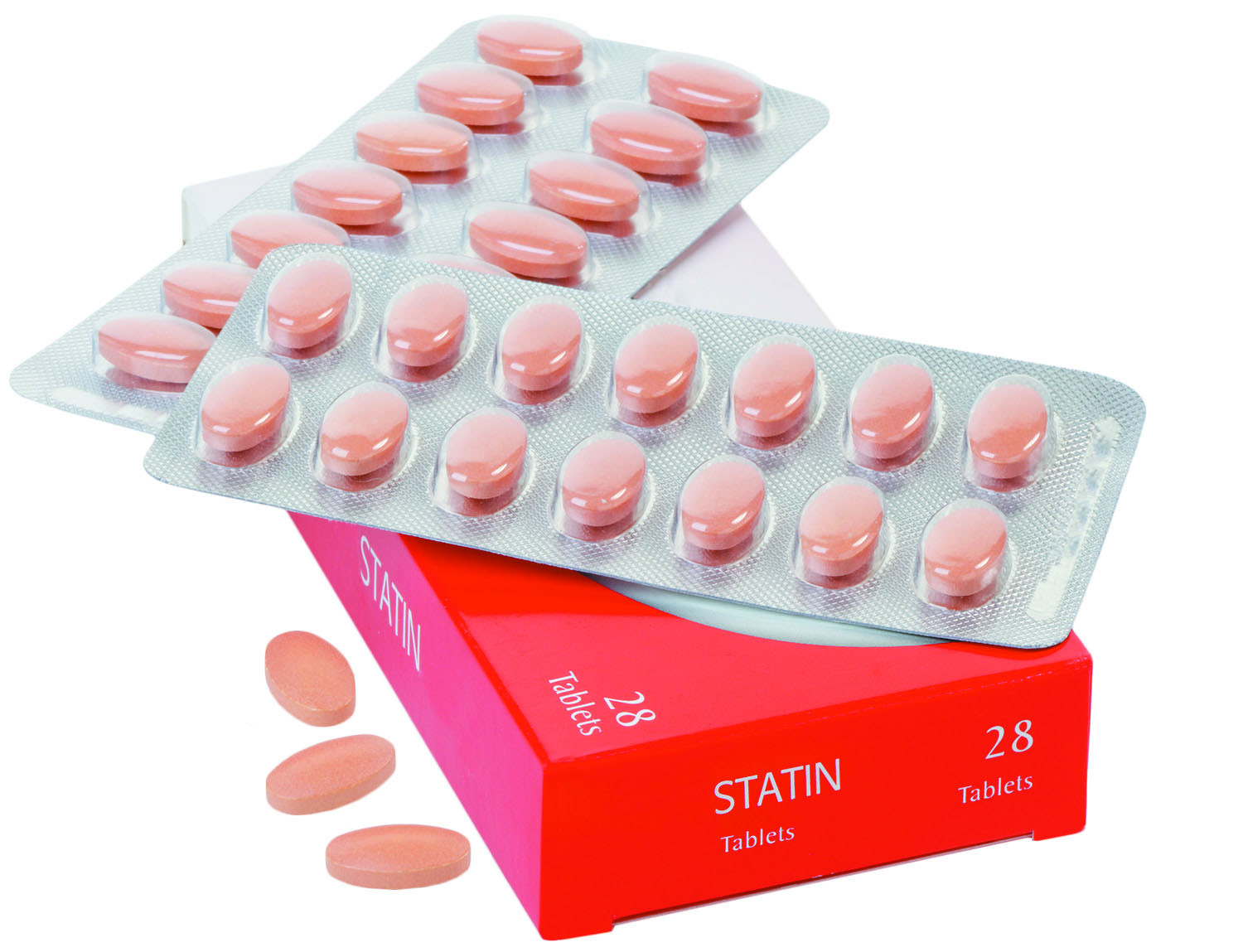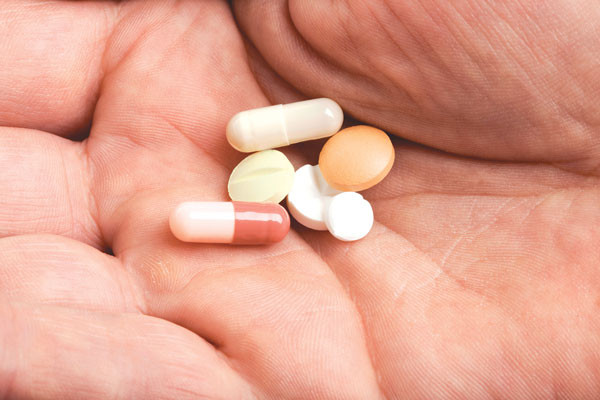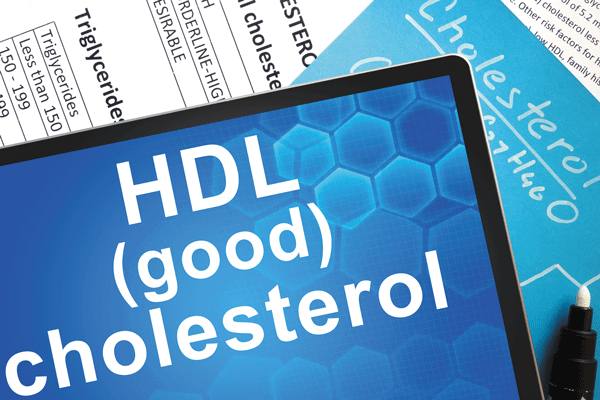
What are somatic workouts?

How to curb your stress eating

How to spot Parkinson’s disease symptoms

8 simple ways to reduce ultra-processed foods in your diet

Heart failure symptoms in women: How they’re different

GERD diet: Foods to avoid to reduce acid reflux

Strong is the new skinny

Everyday habits that sneakily weaken your bones

Don’t wait to get help for back pain

Correcting how you walk may ease osteoarthritis knee pain
Cholesterol and lipids Archive
Articles
Do premature heart attacks run in your family?
If so, be extra vigilant about measuring and managing your blood pressure and cholesterol.
Filling out those family history forms at the doctor's office can be tedious. But sometimes, the devil is in those details. Because heart disease is so common, many people check "yes" to the question about whether their father or mother had heart disease. But if your father had a heart attack at age 77, that's likely different than if his heart attack happened when he was only 44.
"If you have any family history of heart disease, that should serve as a keen reminder to pay attention to factors that can raise your risk of a heart attack, such as high cholesterol, high blood pressure, and diabetes," says Dr. Howard Sesso, an epidemiologist with the division of preventive medicine at Harvard-affiliated Brigham and Women's Hospital. But if a parent or sibling had a premature heart attack, that's an even stronger signal to be more proactive in monitoring and lowering your risk, he adds. A premature or early heart attack is one that occurs before age 55 in a man or before age 65 in a woman.
Is your salad dressing hurting your healthy diet?
Bottled dressings are often rich sources of saturated fat, calories, sodium, and added sugar.
Image: © VeselovaElena/Thinkstock
You're eating more salad for good health. But you may be undoing the benefits when you use a store-bought salad dressing.
"I have some clients who say they'll only eat salad if they can use dressing. That can add a lot of calories, sodium, sugar, and saturated fat," says registered dietitian Kathy McManus, director of the Department of Nutrition at Harvard-affiliated Brigham and Women's Hospital.
The value of prevention
Treating heart disease is expensive. Adopting heart-healthy habits can save money as well as lives.
If you exercise, eat right, and follow other heart-friendly habits, you're probably less likely to end up in the hospital with a heart problem. And — no surprise here — that translates to far lower health care costs. The average hospital charge for a heart operation or related procedure is about $85,000 (see "The price of treating heart disease").
A recent report shed light on the magnitude of the savings realized from heart disease prevention strategies. The study, published in the Feb. 1, 2017, Journal of the American Heart Association, focused on Medicare claims for more than 6,200 people over age 65. Health care costs were about $5,000 less per year in people with the most heart-healthy factors compared with those with the least number of factors. If all Medicare beneficiaries followed five of seven key heart-healthy habits (see "Life's Simple 7") to reduce cardiovascular disease, it would save more than $41 billion a year in Medicare costs, the study authors estimated.
Supplements used as statin alternatives pose safety issues
Research we're watching
Dietary supplements made from red yeast rice contain substances called monacolins, which are similar to the active ingredient in cholesterol-lowering statin drugs. And like statins, red yeast rice products may cause rare but serious side effects, such as muscle injury and liver damage, as noted in a study published online January 19, 2017, by the British Journal of Pharmacology.
The study, based on a review of 13 years of patient data by Italian researchers, notes that people who can't tolerate statins often take red yeast rice supplements. But there are no studies testing the safety of red yeast rice compared with statins. In the United States, the FDA considers red yeast rice products that contain more than trace amounts of monacolins to be unapproved new drugs and therefore illegal to sell. Yet dozens of these unregulated products remain on the market.
The new state of statins
Almost one-third of older adults take statins to help lower cholesterol levels, but new guidelines and research have restarted the conversation on the role statins play in your health.
Image: © rogerashford/Thinkstock
Since they were introduced two decades ago, statins have been touted as a driving force in helping many older men reduce their risk of heart attack and stroke.
New research even suggests these drugs might treat other conditions, like Alzheimer's disease, and lower your risk of death from cancer (see "Other statin uses?").
Inherited high cholesterol: Too often overlooked
People with an inherited form of high cholesterol, known as familial hypercholesterolemia, may be both underdiagnosed and undertreated for the condition, which can cause heart attacks and stroke at an early age.
LDL cholesterol: Low, lower, and lower still
The overall message on "bad" LDL cholesterol is much the same as it has been: Lower is better and how low your level should be depends on your cardiovascular risk factors.
But the standard for what low LDL means keeps on getting lower. While an LDL level under 70 is still the usual goal for people at the highest risk for cardiovascular disease perhaps that is still too high.
Does it matter how you lower your cholesterol?
Certain cholesterol-lowering medications—namely, ezetimibe (Zetia) and drugs known as bile acid binders—also appear to be effective at lowering cholesterol and reducing the risk of serious cardiovascular events.
HDL cholesterol: How much is enough?
Research suggests that raising good cholesterol beyond a certain point doesn't offer any extra benefit for the heart.
Image: designer491/Thinkstock
When it comes to cholesterol, it's mostly about the numbers. You want less of the "bad" low-density lipoprotein (LDL) cholesterol and more of the "good" high-density lipoprotein (HDL) kind. This combination is often associated with a lower risk of cardiovascular disease. Sounds simple—and it is, for the most part. But while most attention is spent on driving down bad LDL, you still have to keep your eyes on the good HDL, as some research suggests that after a certain threshold, higher levels don't offer extra protection.
The role of cholesterol
Balancing act
One reason higher HDL may not always be effective is that it needs help to do its job. Another study found that HDL's protective role depends in part on the levels of both LDL and triglycerides (another type of blood fat that helps make up your total cholesterol).
The research, published online May 10, 2016, by Circulation: Cardiovascular Quality and Outcomes, analyzed data over 25 years on about 3,500 people. Researchers looked at people with both low and high HDL levels and those with normal and high levels of LDL and triglycerides.
They found that for optimal protection against cardiovascular disease, there needs to be a balance among all three. Higher HDL (40 mg/dL or higher) helped to reduce cardiovascular disease only when LDL and triglycerides were low (100 mg/dL or less). When LDL and triglycerides rose above 100 mg/dL or 150 mg/DL, respectively, higher HDL had no effect.
The ideal numbers

What are somatic workouts?

How to curb your stress eating

How to spot Parkinson’s disease symptoms

8 simple ways to reduce ultra-processed foods in your diet

Heart failure symptoms in women: How they’re different

GERD diet: Foods to avoid to reduce acid reflux

Strong is the new skinny

Everyday habits that sneakily weaken your bones

Don’t wait to get help for back pain

Correcting how you walk may ease osteoarthritis knee pain
Free Healthbeat Signup
Get the latest in health news delivered to your inbox!
Sign Up









